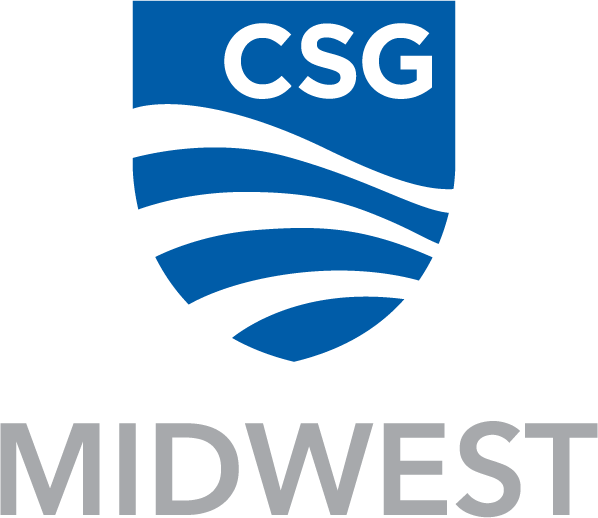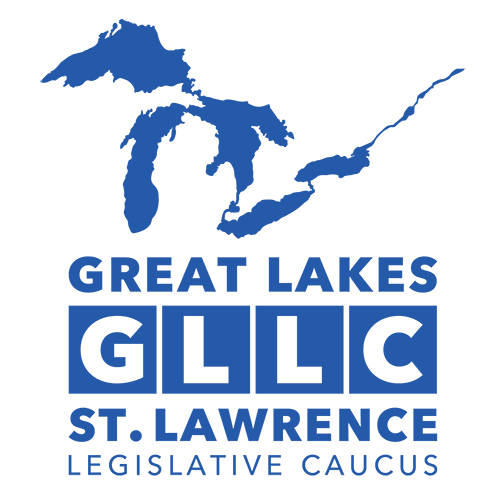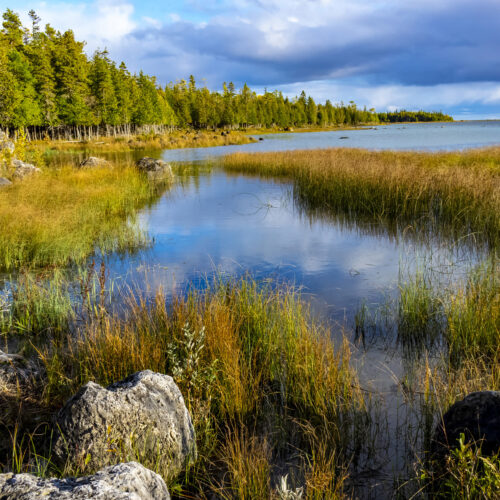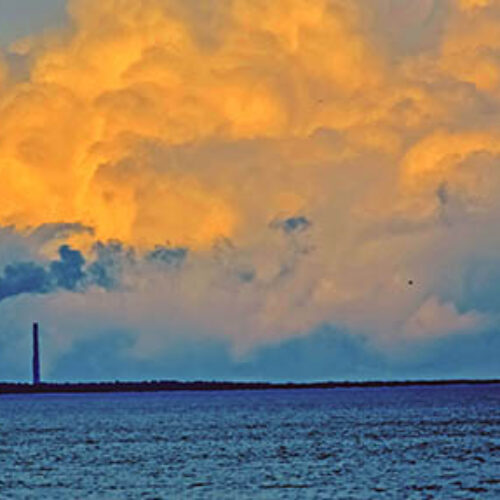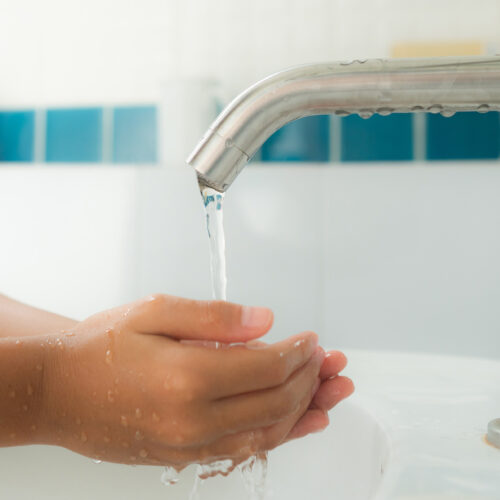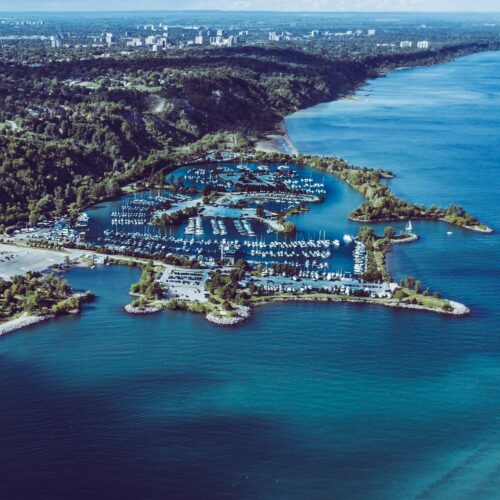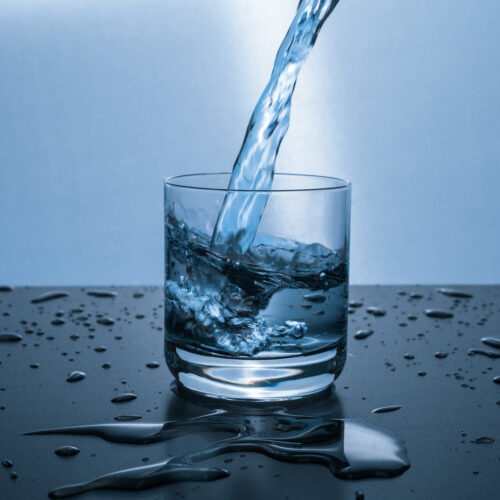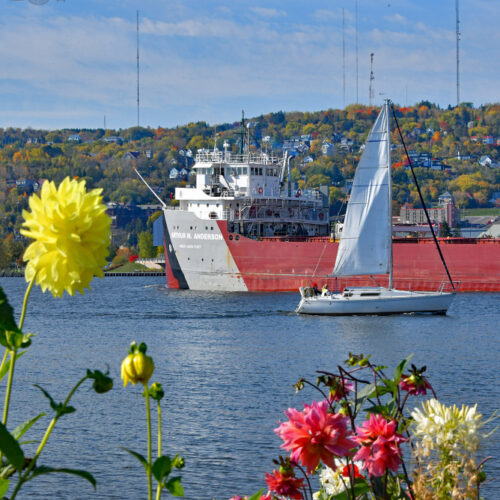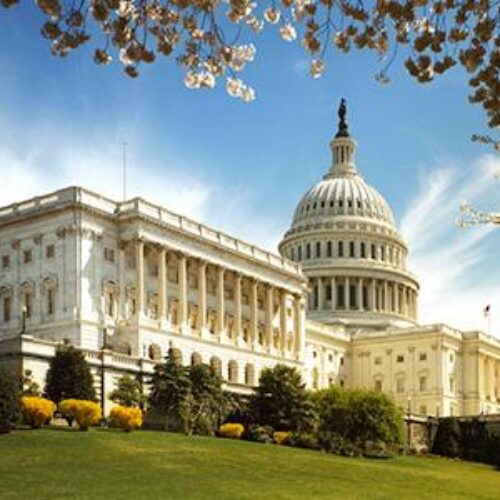Toxic Substances
Toxic Substances
Legislators from the Great Lakes region have long been aware of the harm to the environment and the economy caused by industrial pollution. Increasing protections for water, land, and air have helped to prevent pollution in modern times. Cleaning up toxic “Areas of Concern” (AOCs) that resulted from past practices, however, requires a significant investment of time and funding from all levels of government as well as the responsible parties and community organizations. While progress is made on cleaning up legacy pollution, emerging contaminants pose new threats to water quality.
In 2023, the GLLC approved the following policy position:
Toxic Substances: Remediate and prevent further pollution from emerging and legacy contaminants
- Identify the potential health effects of emerging and legacy contaminants in the public water supply, surface and groundwater resources, and wells, including but not limited to PFAS, coal-tar runoff, and road salt, in the surface and groundwater
- Share best practices for protecting the public and ecosystems from toxic substances in water by expanding testing and resources, coordinated remediation, and holding polluters accountable
- Encourage public and private efforts to prevent oil spills and other industrial pollution, including, but not limited to, airport sites and firefighting foam users, as well as emergency response measures
- Support full federal funding in the U.S. and Canada for Great Lakes and St. Lawrence restoration and protection initiatives and endorse each other’s efforts to obtain funding for cleaning up Areas of Concern (AOCs)
- Advocate for accountability measures for responsible parties, as well as private investment and innovation in pollution reduction and remediation
The Caucus has been a strong advocate of the Great Lakes Restoration Initiative (GLRI) in the U.S. The members annually appeal to Congress and the president to ensure full funding of this vital program that, among other things, makes it possible to clean up toxic AOCs around the Great Lakes and restore them to beneficial use.
Emerging issues that the GLLC follows include PFAS contamination of water in the region and the operation or replacement of Line 5 under the Straits of Mackinac.
In December 2020, the Great Lakes St. Lawrence Legislative Caucus (GLLC) and the Center for Scientific Evidence in Public Issues of the American Association for the Advancement of Science co-hosted a series of virtual roundtable discussions on per- and polyfluoroalkyl substances (PFAS) and drinking water. The two-part series consisted of a background information session to prepare for a second session exploring policy options for addressing this widespread problem that affects drinking water in the Great Lakes region. Each session 90-minute session included a panel discussion with experts, a robust Q&A period, and opportunity for discussion.
Agenda
Briefing Book
Recordings
Presentations
- Resolution to Support the Great Lakes Restoration Initiative and Comment on Action Plan IV (2023)
- Letter from Great Lakes-St. Lawrence Legislative Caucus to U.S. Congress expressing support for Great Lakes Restoration Initiative and full federal funding for it (2019)
- Resolution Opposing the Construction of a Nuclear Waste Repository in the Great Lakes Basin (2018)
- Sign-on letter to key members of the U.S. Congress expressing strong support for the Great Lakes Restoration Initiative and calling for full funding of it (2018)
- Resolution in Support of the GLRI (2017)
- Resolution on the Risk Posed to Great Lakes Basin Water Resources and the Health of Residents by Sulfide-Ore Copper Mining (2017)
- Resolution on Contaminants of Emerging Concern in the Great Lakes Basin (2017)
- Sign-on letter to President Donald Trump urging reconsideration of March 16 Budget Blueprint that proposes eliminating funding for the Great Lakes Restoration Initiative (2017)
- Great Lakes Executive Committee letter to U.S. Department of Energy on siting of nuclear waste storage and disposal facilities (2016)
- Sign-on letter expressing concern about the potential impacts of nuclear waste on the Great Lakes (2015)
- Sign-on letter calling for authorization, funding of Great Lakes Restoration Initiative (2015)
- Executive Committee letter in support of Great Lakes Restoration Initiative, in opposition to funding cuts, and in support of Great Lakes Ecological and Economic Protection Act (2013)
The Great Lakes-St. Lawrence Legislative Caucus (GLLC) Birkholz Institutes bring together a small group of legislators to take…
Read MoreFor the 2025-26 biennium, the Great Lakes-St. Lawrence Legislative Caucus is focusing its Birkholz Institute on Emerging Contaminants:…
Read MoreOn March 14, GLLC leaders provides an overview of GLLC membership benefits and activities to new and prospective…
Read MoreThe proliferation of data centers across the country, and the Midwest, holds out hope for a high-tech economic…
Read MoreOn November 1, the AAAS EPI Center is hosting a panel of experts to discuss the scientific evidence…
Read MoreOn March 22, the GLLC held its second web meeting of 2024. Chad Lord, policy director for the…
Read MoreAreas of Concern
- U.S. Environmental Protection Agency Website on Areas of Concern (AOCs)
- Environment Canada Website on AOCs

